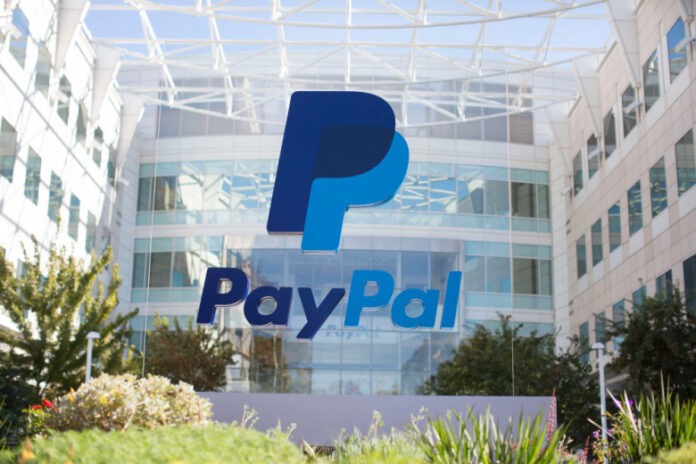- Payment processing giant, PayPal, believed it was taking a chance when it added crypto in late 2020.
- The response to the decision was extremely positive, exceeding analysts’ expectations.
- Now, PayPal aims to focus a lot more on crypto in 2021, and even enable crypto payments for shops.
PayPal, the world’s largest payment processor, took a chance with crypto by adding quite limited buy/sell/hold services in late 2020. The limited launch of Bitcoin and a handful of other coins “exceeded expectations,” causing the company to shift its focus and double down on crypto and blockchain in 2021.
PayPal to Double Down on Crypto and Blockchain
The decision was explained in PayPal’s Q4 investor update, mentioned directly by the company’s CEO, Dan Schulman. He said that the initial trading launch exceeded expectations and that the company saw an exceptional response. The volume of digital coins traded on PayPal was much higher than the company expected it to be.
As a result, Schulman announced that cryptocurrencies will be accepted as a funding source at 29 million merchants that currently work with PayPal. Of course, the payments would be settled in fiat, so no merchant will be obligated to accept and use crypto. However, their customers will still have the option to pay with crypto.
The support for crypto payments at various shops by the end of Q1 2021. Furthermore, the company plans for its roadmap to focuses heavily on “crypto, blockchain, and digital currencies.”
PayPal is already working actively with central banks and regulators around the globe to help shape the future of post-physical cash, according to the company’s CEO.
What Caused PayPal to Change its Mind
According to what is known analysts expected to see a 3.87% increase in total accounts, which would take the firm to 375 million. On top of that, they expected to see $266.8 billion in payments, which would represent an 8% increase from the third quarter.
However, both expectations were exceeded, and the company saw 377 million in total accounts, while $277 billion was processed. Even its revenue surged to $21.45 billion. The firm found crypto to be a very promising field, and it even started the initiative to expand its limited crypto services to Venmo.
Additionally, the firm found that those who purchased cryptos became much more active, logging in twice as often.















